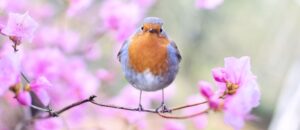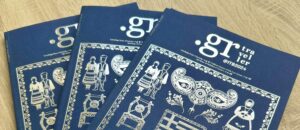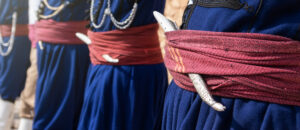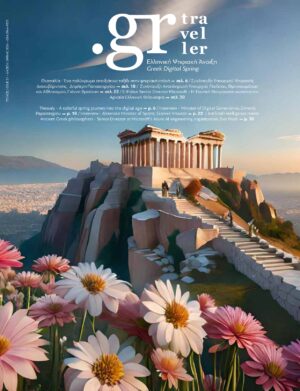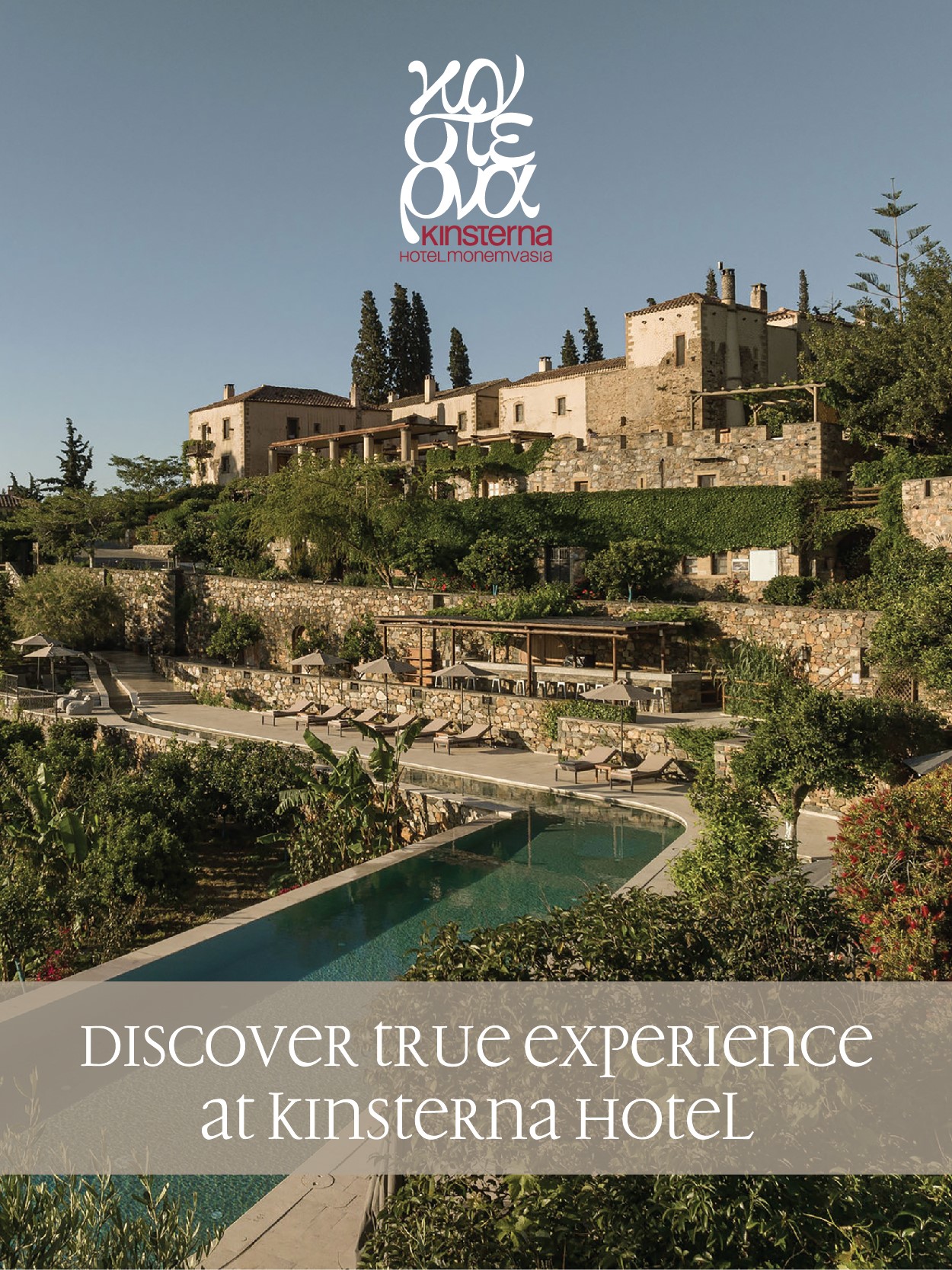INTERVIEW OF THE DEPUTY MAYOR OF TOURISM OF KOMOTHENS, Mr. KIMONA LECHUDI
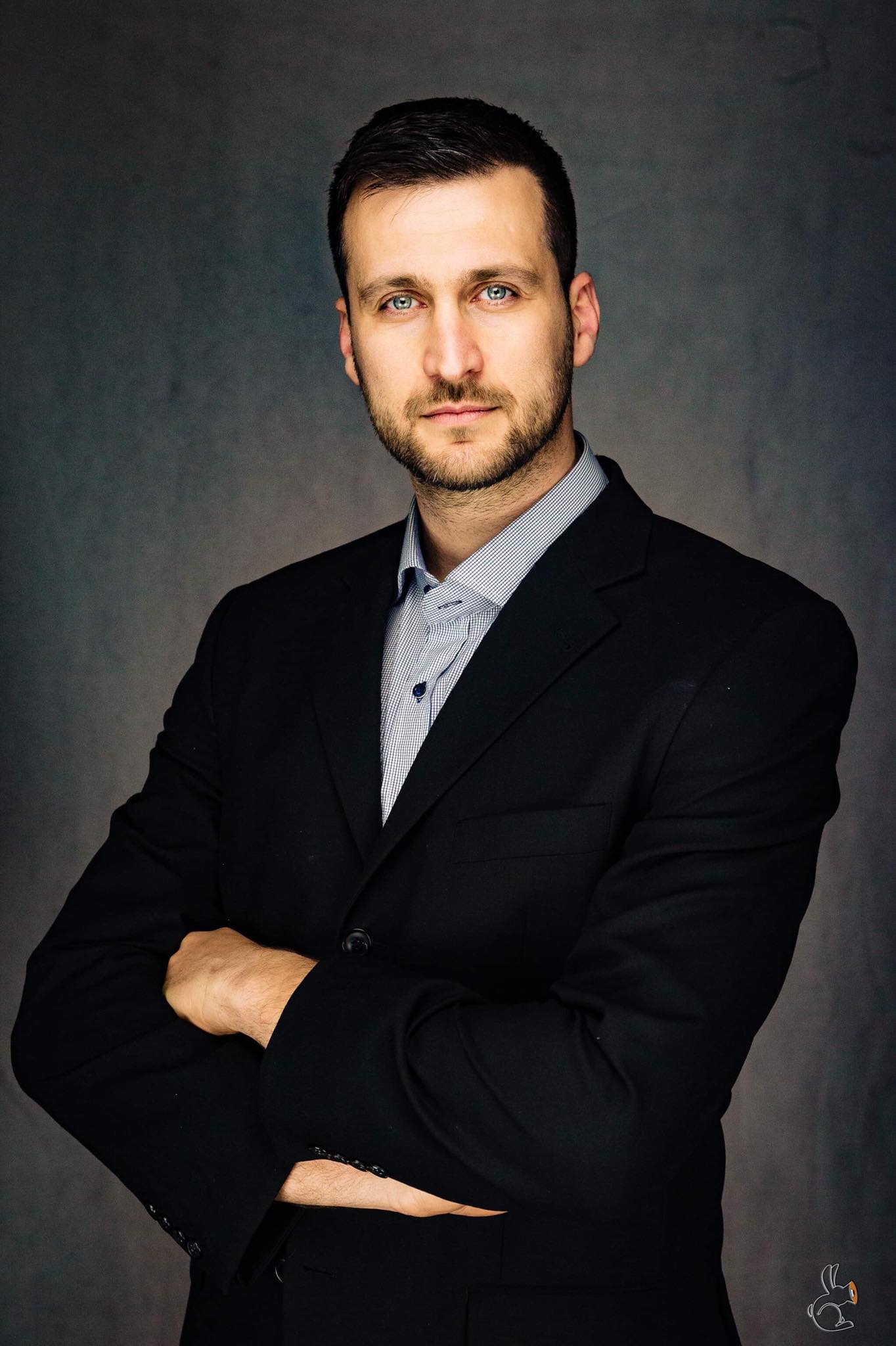
How is the city of Komotini preparing for the post-covid era and what travel experiences does the city offer to Greek travellers? The deputy mayor of Komotini, Mr. Kimon Lechoudis guides us through the city that “comes alive” every autumn, with students and visitors of the Beer Festival, who discover its secrets and its magical multicultural coexistence.
What kind of travel experiences does Komotini offer in autumn (culture, gastronomy, activities)? Why should Greek travellers choose it?

The visitor of Komotini and the settlements has the opportunity during the autumn months to feel the aromas created by the change of weather, to smell the wet soil on the beautiful paths of Nymphaea as a pedestrian or cyclist, for recreation or sport. Fans of the wet element can explore the coastal front where they will meet active winter swimmers or discover the wetlands, which are largely protected by the RAMSAR treaty.

Also, the visitor of the city is worth visiting the Archaeological Museum, the Folklore Museum, the Museum of Basketry of the Roma, the Ecclesiastical Museum and finally the Military Museum. The journey through time is enhanced by the presence of the remaining mansions and the visitor has the opportunity to follow it through the tourist and cultural map that includes the city’s landmarks. Of course, worth a visit for readers and not only is the Municipal Library, an architectural jewel that will soon host the Museum of the great mathematician Konstantinos Karatheodoris.
” Komotini can welcome people with disabilities,
as the Municipal Authority improves accessibility
in close cooperation with the PERPATO Association.”
An important advantage is the fact that Komotini can welcome people with disabilities, as the Municipal Authority is improving accessibility in close cooperation with the PERPATO Association. This year it even won a special mention for accessibility as a city-wide opportunity in the Access City Awards.
The traditional flavors of crabmeat, pastourma, gigerosarma and the unique saltpastes prepared in the region meet modern western kitchens that in recent years host more and more bars in the city. To complete the initiation to the local cuisine, a Greek coffee accompanied by the wide variety of local soutzouk loukoum and excellent syrups is a must. Of course, when the tasting route begins, the stops in between are best accompanied by local tsipouro, ideal for those with a sweet tooth.
How is the municipality dealing with the coronavirus issue, especially in terms of visitor safety?
The Municipality of Komotini from the beginning of the pandemic made sure to communicate to the residents of the city the need to respect the sanitary measures with messages, announcements, banners in various parts of the city. Also, in excellent cooperation with the EODY teams, it supports rapid tests six days a week, which are not only for locals. Therefore, the visitor can also be informed whether or not they are positive for coronavirus.
How important is tourism activity for the city and how much does it contribute to employment?
Komotini is not considered a tourist destination but in various ways it hosts tourists, largely heading to Istanbul or neighbouring Bulgaria.
The presence of the Democritus University of Thrace, the headquarters of the Region of Eastern Macedonia – Thrace and the Court of Appeal have formed a professional current that often evolves into a tourist one as it creates the desire for the visitor to come back. In addition, the presence of notable university faculties, with the Law School and the School of Physical Education and Sports Science as protagonists, create an important environment for conference tourism.
Do you think the way we travel will change after the coronavirus and how the city can adapt to the new conditions?
Komotini, with the new strategic plan for tourism development that it has designed, seeks to gradually transform itself into a 365-day tourist destination. The aim of the Municipal Authority and the Mayoralty of Tourism is to invest in alternative and special forms of tourism and not in mass tourism, which are safer with the current data created by the pandemic. The design clearly takes into account the new epidemiological conditions that have been created, showing respect for both visitors and people working in the tourism sector.












